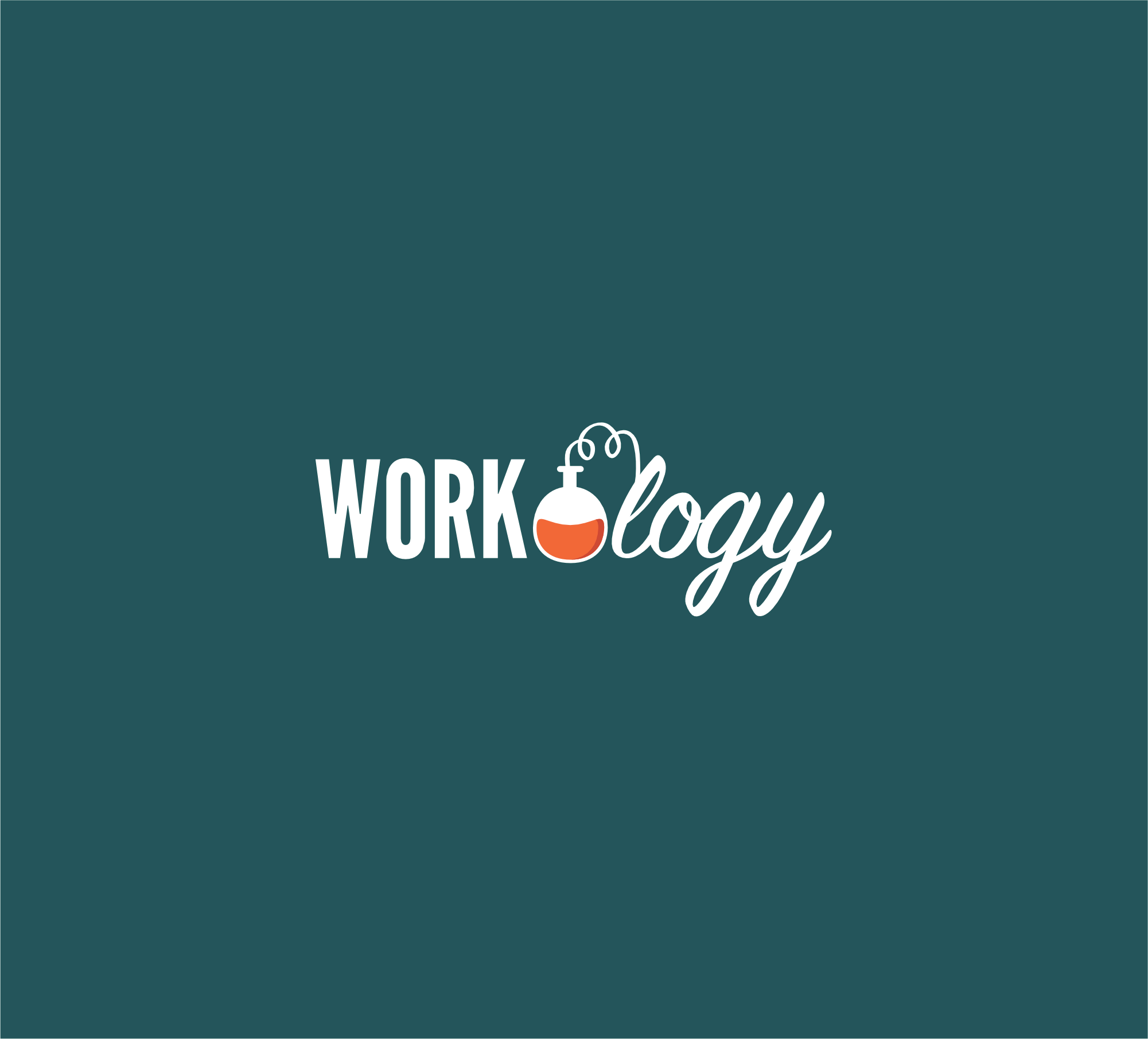Resume Blunders and Interview No-no’s that have personally ticked us off, or were just all around a “bad idea.” These are some “in real life” faux-pas that we had the joy of experiencing as a recruiter and job hunter ourselves. It’s important to learn from our mistakes and the mistakes of others which is why we bring you ten job search don’ts.
Top Ten Tips & Don’ts When Searching for a Job
1. Stating in your cover letter, phone interview, or face to face interview that you “just want a job” or are “looking for any open position.” Recruiters (HR Managers, Interviewers, etc.) are seeking someone who fits the qualifications of the position. Whereas some entry level positions require no experience, at least any job requires someone to show their need or want to be in that position (hopefully long-term!). Don’t go into any communication with the recruiting officer making them feel that you are a “beggar” who hasn’t given any thought into what they want. They want to find someone who is “the right fit.”
2. Applying for a position multiple times. This is just bad form and is a clear indication to the recruiter that you’re just sending out “blanket e-mails” with your resume without a second thought. As with number one on our list this shows carelessness. (Especially if you’re applying for a position the requires attention to detail.) Make a list (word doc or excel sheet) of the e-mails you’ve sent and make sure you don’t duplicate!
3. Writing or copying a generic cover letter. Recruiters have a bunch of resumes to go through and unfortunately cover letters tend to get “meh” after about the millionth one. Make your resume and cover letter stand out! Do some research about the company, start off with an interesting work-related story, or write a funny work ethic haiku – something, anything, to make them seem more important than the rest.
4. Harassing the recruiter. This means calling when the ad says “no phone calls please.” Or e-mailing to ask “Did you get my resume?” Or contacting the receptionist to find out the name of the recruiter so you can visit the office to talk to them directly – yes, we’ve actually had this one happen. There’s a different between being aggressive versus harassment. Make sure you don’t cross into the harassing area.
5. Taking a phone interview when you are busy. Most interviewers will ask you if you “have a moment to talk” when calling for a brief discussion. Do not take this call if you are busy!. Busy includes: kids screaming in the background, driving in traffic (or driving at all!), working at your current job, or anything that will tip off (or tick off) the interviewer. Stating, “I’m sorry I am <insert reason here>. Can I call you back?” is a perfectly good option and the interviewer will appreciate the effort, versus trying to converse whilst your weaving out of traffic, texting your boss, and screaming Junior is in the back seat. Don’t take a phone interview or any job interview when you are busy.
6. Arriving for an interview too early. Yes, we know that most recruiting web-sites say to arrive early for your interview, but anything more than 10-15 minutes is just plain rude. Keep in mind that these interviewers are probably scheduling back to back interviews or have meetings. Arriving too early (like 45 minutes – true story!) is too much. These recruiters have work to do. Besides if you’re way too early you’ll end up just sitting in the lobby gathering sweat buckets until they are ready.
7. Giving the ol’ limp fish. It’s that time. You turned in your resume. You got the phone call for the interview. You arrived early and here comes the interviewer down the hallway ready to give you your shot – <whomp whomp> and you give them a hand-shake that tells them they have some sort of communicable disease. Heck no! Show some confidence, show some cojones – Reach out and give a firm (but not too firm) handshake. Trust me, HR Managers look for this.
8. Using “crutch words” in your interview. So if your resume got you to where are you now – in the interview – then you had better sound as good as your resume. Sure you’re nervous but resorting to “uh”, “like”, and “you know” can cost you the opportunity. Take your time and even in some cases ask for a moment to pause and think. You’d rather show thoughtfulness in your interview than quick, stumbling responses. Don’t end up mimicking a character from “Clueless”.
9. Restating old workplace gossip. Interviewers will usually always ask about your previous employment and when they do beware! There’s a big difference between stating fact about how the job was, what you did there, and why you left versus “what Carl told you Steve did with Sheila in the back break room while on the clock.” Keep it simple, succinct, and talk about what you enjoyed doing there. If the question comes up “why you left” then be honest but don’t throw anyone under the proverbial bus.
10. Lack of research. Typically at the end of an interview the recruiter will ask if you have any questions. Good interviewees have them! Some examples are: salary, benefits, history of the company, asking the interviewee when they started, asking the interviewee if they like the company, and the list goes on and on. A question to NOT ask is “What does your company do?” Make sure you’ve read the ad, looked at the web-site, and reviewed any info you can before the interview.
Job Interview Blunders and Good Interviewing
Good interviewing is hard. What’s a interview or job search don’t that you have encountered either by yourself or by someone else who was in the job hunt? How can other avoid those job interview blunders. We’d love for you to leave a comment below giving us an example. The job search is ever changing and growing and that’s why we’re here to help.







